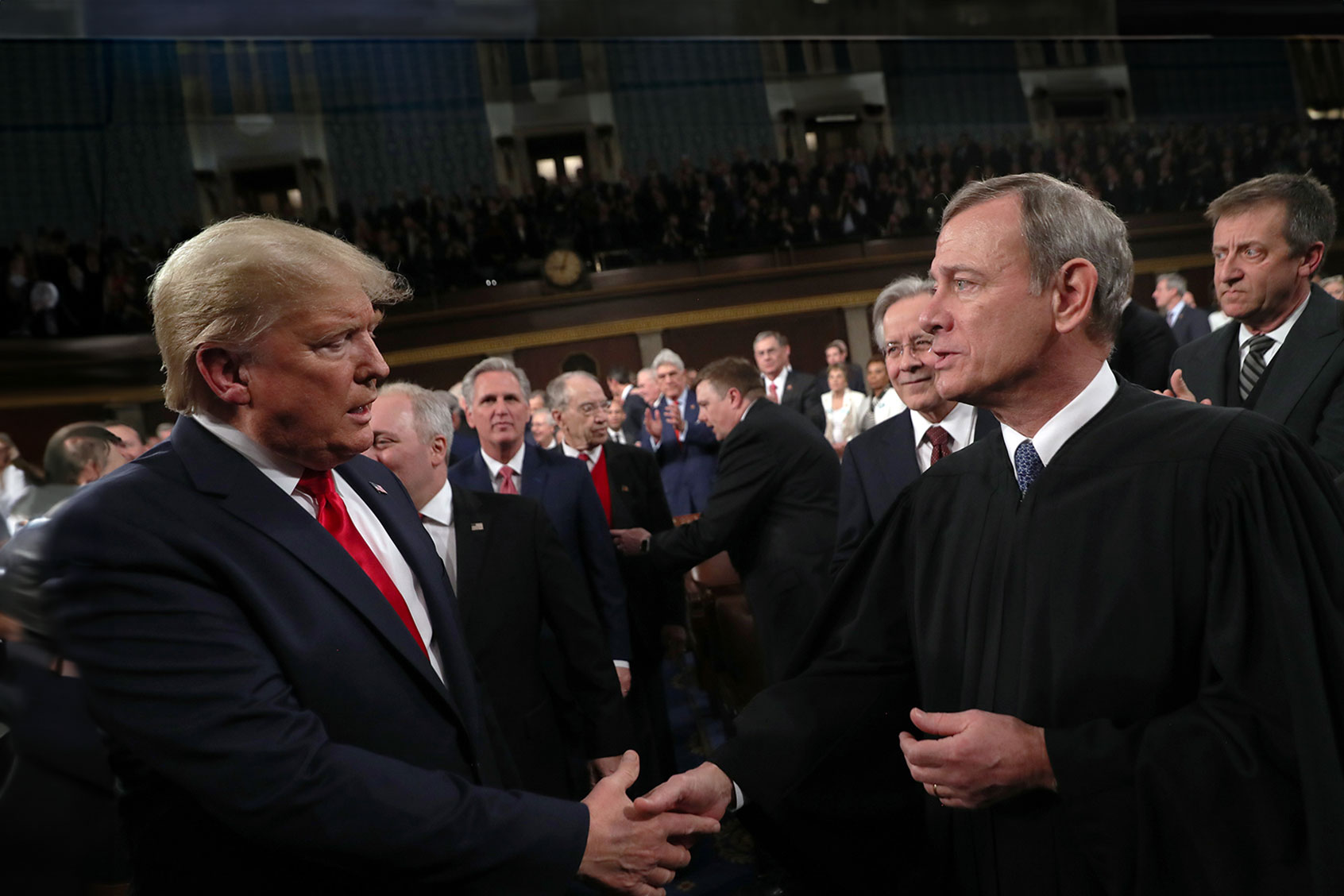In a stark critique of the U.S. legal landscape, legal scholar Lisa Graves has accused Chief Justice John Roberts of undermining American democracy to advance the agenda of former President Donald Trump. In her recently published book, “Without Precedent: How Chief Justice Roberts and His Accomplices Rewrote the Constitution and Dismantled Our Rights,” Graves argues that Roberts has systematically eroded the integrity of the Supreme Court to facilitate a right-wing agenda.
The claims come amidst ongoing debates about the Supreme Court’s role in American governance, particularly regarding its perceived alignment with Trump and his policies. According to Graves, the influence of authoritarian populism has permeated the highest court, facilitated in part by Roberts’ leadership. She emphasizes that Roberts, who pledged during his confirmation hearings that no one is above the law, has failed to uphold this promise when it mattered most.
Roberts’ Alleged Complicity in Trump’s Agenda
Graves contends that Roberts orchestrated a pivotal decision that granted Trump unprecedented powers. She points to a ruling that effectively nullified the lower court’s denial of presidential immunity for Trump, stating, “Roberts orchestrated a ruling that effectively pardoned Trump retrospectively and prospectively.” This, she argues, paved the way for Trump to retain significant influence over American politics.
She further criticizes the Roberts court for its alignment with the interests of the wealthy and powerful, asserting that it has been “captured” by right-wing movements, particularly the Federalist Society, which has sought to reshape the judiciary to reflect its ideological preferences. Graves asserts that this shift has allowed the court to prioritize partisan interests over judicial fairness.
Roberts’ actions, according to Graves, have not only compromised the court’s integrity but have also weakened vital protections for American citizens. She specifically addresses the court’s decision in Shelby County v. Holder, which significantly weakened the Voting Rights Act. Graves argues that the ruling disregarded substantial evidence of ongoing voter suppression, further enabling discrimination against marginalized communities.
Impact on American Governance and Public Trust
The implications of these judicial decisions have led to a decline in public trust in the Supreme Court. Graves notes, “Public respect for the court is at an all-time low,” attributing this to the court’s perceived partisanship and its failure to uphold democratic principles. She emphasizes that the Roberts court has become increasingly disconnected from the values and needs of the American populace.
Graves underscores the urgent need for accountability and reform within the judiciary. She advocates for a more engaged citizenry to demand changes that would restore integrity to the court and protect democratic rights. The ongoing erosion of voting rights and civil liberties is not merely a legal concern but a pressing societal issue.
As the political landscape continues to evolve, the role of the Supreme Court remains critical. The actions and decisions made by Roberts and his colleagues will undoubtedly shape the future of American democracy. Graves warns that without intervention, the court could further entrench a system that favors the few at the expense of the many.
In summary, the charges leveled by Graves against Chief Justice Roberts raise significant questions about the current state of the Supreme Court and its alignment with democratic principles. As the nation grapples with these issues, the discourse surrounding judicial accountability and reform is more relevant than ever.







